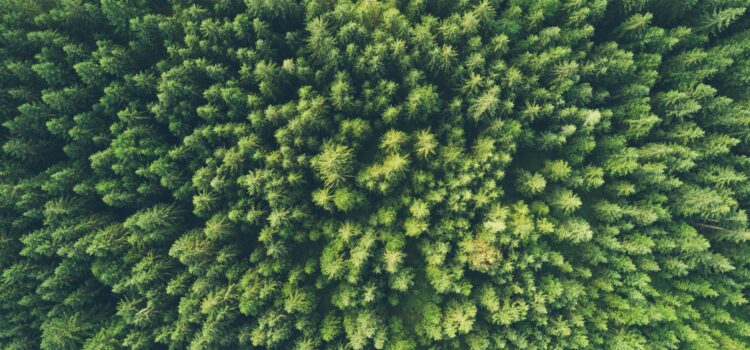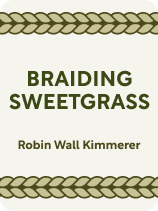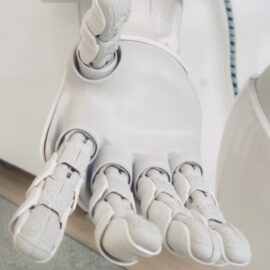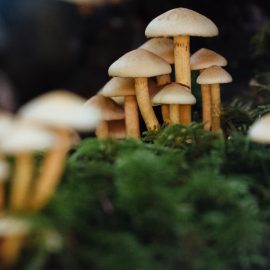

This article is an excerpt from the Shortform book guide to "Braiding Sweetgrass" by Robin Wall Kimmerer. Shortform has the world's best summaries and analyses of books you should be reading.
Like this article? Sign up for a free trial here.
How should we take care of our environment? What aspects of the environment should we focus on the most?
Science provides useful tools for mutual care. Species identification and research enable mutual care by increasing your familiarity with the natural world and providing evidence for how to be better land stewards.
Read how to take care of our environment by practicing mutual care, as stated in Robin Wall Kimmerer’s book Braiding Sweetgrass.
Species Identification
Learning scientific taxonomy (the organization of species by groups and Latin names) is one way to learn how to take care of our environment. While Kimmerer notes that science is sometimes a reductive and mechanistic lens for viewing nature, it also provides a framework for recognizing and growing a relationship with another species.
For example, if you learn the Latin name for yarrow and its unique identifying characteristics, you might then notice it in the wild and harvest it for medicinal uses. You can make observations about what that plant needs to thrive and how you might cultivate it. Identification is the first step in establishing this mutually beneficial relationship.
(Shortform note: Kimmerer does not explicitly mention that for many people today, science is likely the most accessible framework for learning species identification. Many people no longer have community members to personally pass on knowledge about ecosystems based on intergenerational experience. However, with modern technology, you can take a class on botany online, or download a plant identification app on your phone. These are simple ways that science can facilitate the process of forming interspecies relationships that are key to Kimmerer’s concept of mutual care.)
Guidance From Research on Land Stewardship
Scientific research can also contribute to mutual care by providing information on how to restore ecological systems. One of Kimmerer’s examples of this is a study on sweetgrass showing that harvesting sweetgrass according to Indigenous practices helps it thrive, while leaving it alone diminishes it. Professors initially dismissed the research topic as useless, based on their assumption that harvesting plants is inherently harmful. However, the research illuminated a way that we can practice mutual care by maintaining an important species.
Nuances of Combining Indigenous Knowledge With Research Methods
As shown in this example, research on land stewardship can also benefit from the deep ecological knowledge of Indigenous people. However, using scientific research methods and incorporating Indigenous knowledge can be challenging and nuanced.
For example, researchers did another study on sweetgrass harvesting, which was intended to be an ecological assessment that would enable Wabanaki Indigenous people in Maine to harvest sweetgrass from their ancestral lands at Acadia National Park. However, by selecting random plots of sweetgrass to study in the park, they inadvertently ignored the fact these were not the same sites that traditional gatherers would have selected when harvesting sweetgrass.
Since the goal of the study was to assess the impact of Wabanaki gatherers in particular, the results would not have been an accurate picture. The researchers had to create a parallel study, where they allowed Wabanaki gatherers to select the harvesting locations and use traditional harvesting methods.
Missteps like this demonstrate the need for better communication and overlap between Indigenous communities and researchers so that science and traditional ecological knowledge add to one another.

———End of Preview———
Like what you just read? Read the rest of the world's best book summary and analysis of Robin Wall Kimmerer's "Braiding Sweetgrass" at Shortform.
Here's what you'll find in our full Braiding Sweetgrass summary:
- What plants, Indigenous worldviews, and science can teach us about restoring balance
- Why we must recognize our interdependence on others and the environment
- Strategies to help you practice mutual care in your own life






